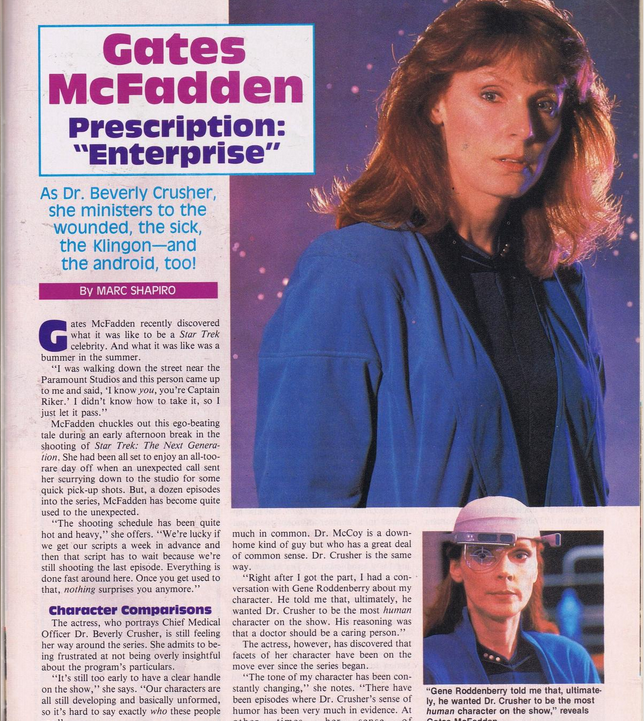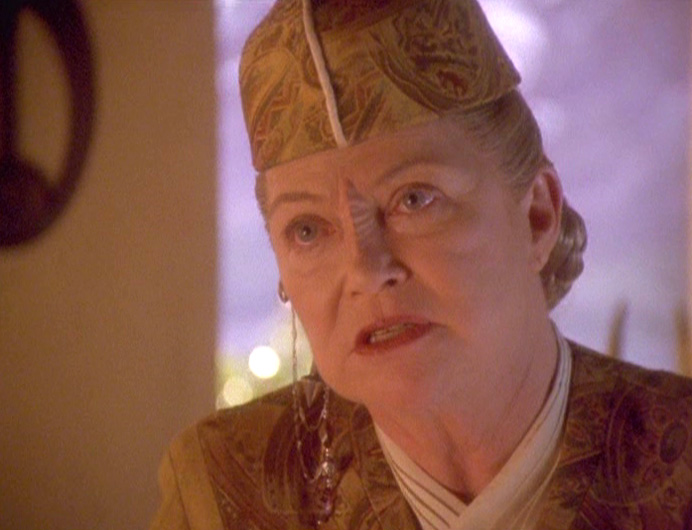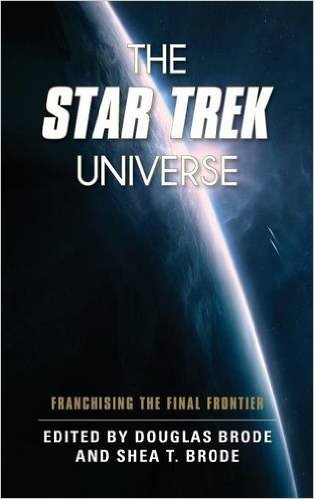Tasha and Ripley are both bright women who have risen to a position of authority and who are not easily intimidated. There are also some differences. From what we know of Ripley, her background was more secure. Tasha’s childhood was more aggressive, primitive and survival-oriented. You would almost expect Ripley to wind up in the position she’s in. In the case of Tasha, it’s like a street kid who has finally made good.
…Most of what people have seen of Tasha seems to have centered around this image of her as a butch little tank. In that sense, it does a disservice to the character. Tasha has quite a few sides to her. There’s the all-business side, the side that’s professionally together and physically strong. But there’s also the emotionally insecure side that has missed out on love and friendship and is basically having to deal with people who she believes are superior to her. Tasha definitely has a tender side to her, but make no mistake, she is more than capable of doing her job.…I feel Tasha has the potential to be a very interesting character. Dr. Crusher, as a woman, doctor and widowed mother, has all kinds of plot possibilities. And Deanna Troi, with her mixed parentage and mental powers, opens up all kinds of story ideas.
Denise Crosby in the May 1988 issue of Starlog.
At this point, it’s still a struggle for the women in this show to make sure we’re not left out. Unfortunately, that sort of thing happens when you have 1980s minds attempting to write a show about the far future.
Starlog also did interviews with Gates McFadden and Marina Sirtis around this time and although they said later they shared this concern, at the time they were much more positive than Crosby in their interviews. It could potentially be Sirtis and McFadden just saying what they felt they had to to help support the show or feeling optimistic because it was so early on.
Originally, I was in ‘Hide and Q.’ I had maybe two or three lines, but I was written out for budgetary reasons…They never explain where Deanna Troi is during those episodes because they can’t. So, they just ignore it. I don’t think that works.
– Marina Sirtis in a Starlog interview, August 1988
If you have a regular character, you must sit down and work out what you’re going to do with her. I think that’s going to happen more this next season. The first season, they had created this character and then dug a hole with the whole empathy thing, a hole they couldn’t get out of. So, if I didn’t have much to do in an episode, they would just totally write me out.
…They had dug that hole for themselves with me being an empath. And in November, I nearly fell into it and was covered over. Without going into that, I nearly got fired.
In Marina’s Season 1 interviews with Starlog she seemed almost unrealistically enthusiastic about the possibilities for Troi, so this was a huge change and does bring it more in line with how she talked about the problems with her character later. In this one she does talk optimistically about Season 2 and says that Gene Roddenberry assured her her character would develop more. Although Troi clearly does develop, she still gets left out of the occasional episode with no apparent reason or explanation except either they wanted to save money or couldn’t figure out how to work her in (e.g. “The Perfect Mate”).
As for Gates McFadden, she has a lot to say in her February 1988 interview.

On Crusher vs. McCoy:
There’s the obvious difference in that I’m a woman and a mother. But I believe the two characters have much in common. Dr. McCoy is a down-home kind of guy but who has a great deal of common sense. Dr. Crusher is the same way.
On her input into the props:
I’ve been lucky in that there has been a great spirit of collaboration between the people handling the props and myself. We’re constantly brainstorming about how things should be done medically in the 24th century. Where we’ve had the time, we’ve actually sat down and devised specific functions for the things I use on the show.
On Crusher’s importance (although I’m pretty sure Data’s actually third in command – maybe that changed from the initial series conception):
Crusher is third in command behind Picard and Riker and with good reason. She is intelligent, strong and quite committed to the mission of the Enterprise. Beverly holds a powerful position on the ship even though you don’t see her on the bridge. She is the only one who can declare Picard and Riker unfit for command. Crusher has many facets that take the character beyond just the ship’s doctor giving injections and performing blood tests. She is a rich and detailed character whom I look forward to fleshing out as the series continues.
In response to the interviewer arguing the women characters on TNG are more complex than the men so far (mid Season 1):
That’s an interesting way to look at it. I don’t know if it’s actually the case. They may show more of the emotional side than the men, but I don’t think they’re more complex. If they are, it’s because Gene and the writers are taking great pains to make the series realistic in terms of what women will be doing and saying in the 24th century. Women on this show obviously have more responsibility and if that makes them more complex and interesting to viewers, that’s fine with me.










